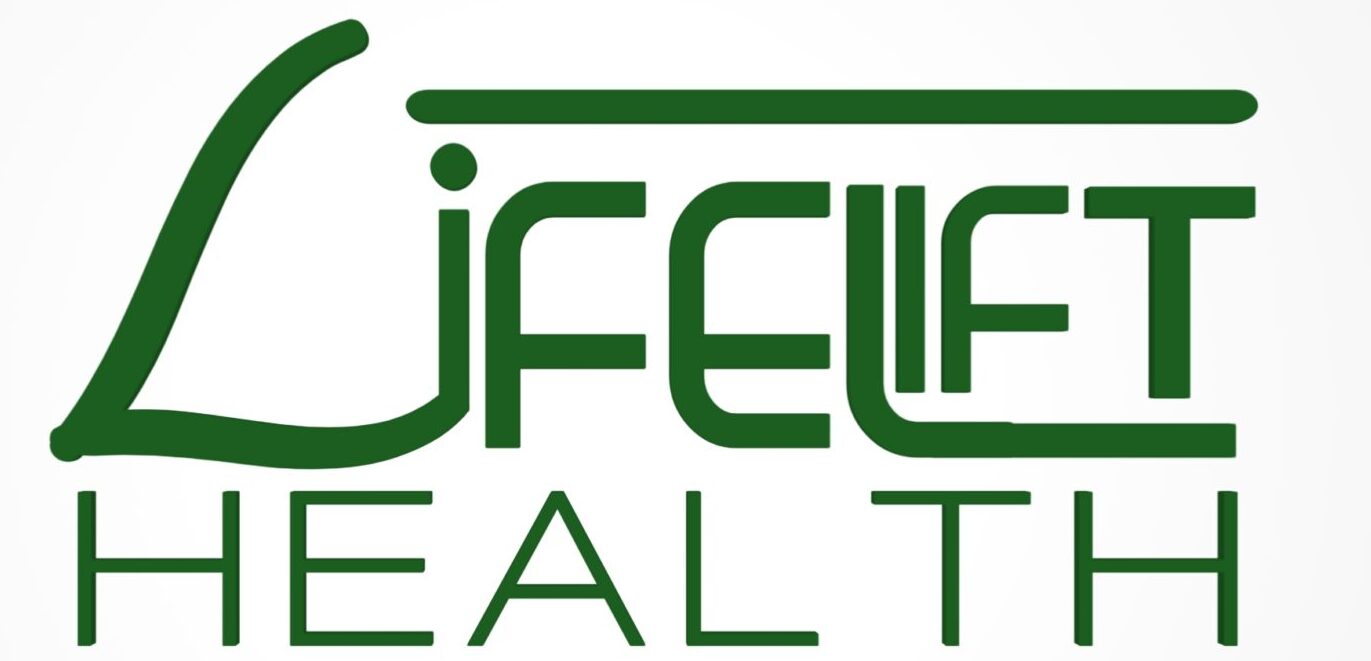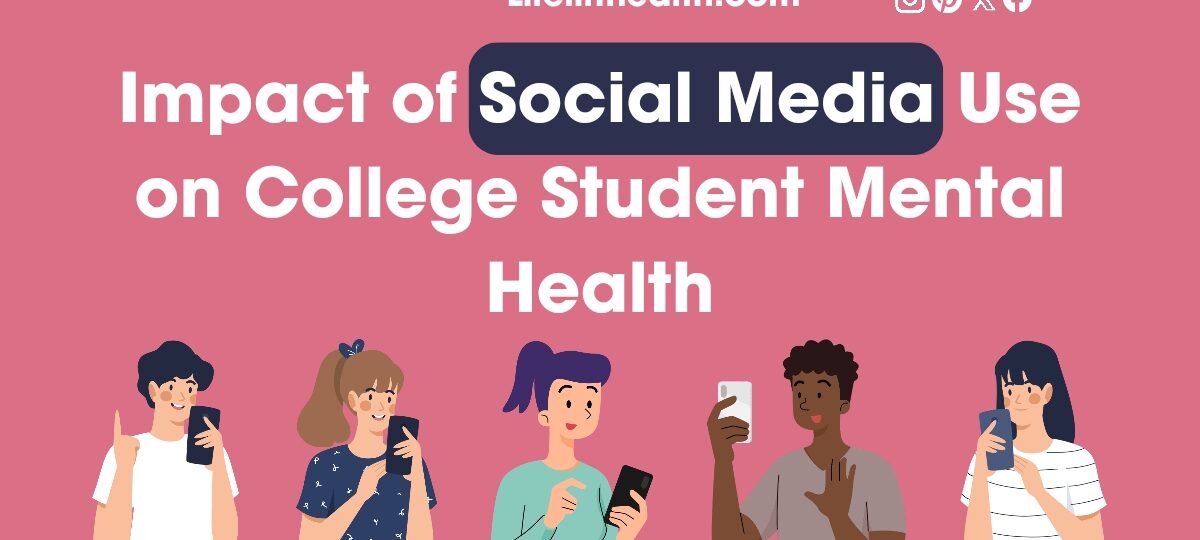Investigate the impact of social media on college student mental health and find out about techniques to keep up with prosperity in a computerized age.
The Ascent of Social Media
The appearance of social media stages has altered correspondence and connection. Stages like Facebook, Instagram, Twitter, and TikTok have acquired gigantic fame, especially among college students. These stages give roads to articulation, diversion, and systems administration, forming the advanced scene of the present youth.
Positive Impact of Social Media
Social media offers different advantages to college students. It works with network, permitting students to keep up with associations with companions, family, and tutors, even across distances. Moreover, these stages act as significant wellsprings of data, giving admittance to instructive assets, news, and updates pertinent to scholarly and self-awareness.
Adverse consequence of Social Media
Notwithstanding its benefits, social media can likewise adversely affect mental health. One normal issue is the inclination to contrast oneself as well as other people, prompting serious insecurities and brought down confidence. Additionally, cyberbullying and online badgering are huge worries that can compound pressure and nervousness among college students.
Social Media Compulsion
Unnecessary utilization of social media can prompt enslavement, described by urgent way of behaving and disregard of different obligations. This enslavement can have serious outcomes on mental health, including expanded sensations of disconnection, misery, and nervousness.
Step by step instructions to Stay away from Social Media Enslavement
Social media stages have turned into a necessary piece of our regular routines, however extreme use can prompt enslavement and adverse consequences on mental health and efficiency. Here are a few systems to assist you with keeping away from social media habit:
1. Put forth Courses of events
Limit Everyday Utilization: Set explicit time limits for how long you spend on social media every day. Use applications or underlying elements that track your utilization and advise you when you’ve arrived at your cutoff.
Booked Breaks: Enjoy customary reprieves from social media, for example, during feasts or before sleep time, to diminish the time spent looking over.
2. Make a Timetable
Assign Social Media Time: Dispense explicit times when you can check and refresh your social media accounts. Adhere to this timetable to keep away from thoughtless looking over the course of the day.
Supplant Social Media Time: Utilize the time saved from diminishing social media use to participate in different exercises like perusing, working out, or investing energy with friends and family.
3. Cripple Notices
Switch Off Pop-up messages: Handicap warnings from social media applications to diminish the consistent desire to actually take a look at updates and messages. This will assist you with keeping fixed on assignments without pointless interruptions.
Put forth Application Lines: Some cell phones offer elements to set everyday time limits for explicit applications. Use these settings to forestall over the top use of social media applications.
4. Curate Your Feed
Unfollow Pessimistic Impacts: Unfollow accounts that advance gloomy sentiments or ridiculous guidelines, and follow accounts that move and elevate you.
Limit Openness: Be aware of the substance you consume and define limits to abstain from becoming involved with perpetual looking over and contrasting yourself with others.
5. Practice Advanced Detox
Enjoy Normal Reprieves: Plan occasional computerized detoxes where you detach from all social media stages for a set period, like an end of the week or seven days.
Take part in Disconnected Exercises: Utilize this chance to zero in on disconnected exercises that give you pleasure and satisfaction, like leisure activities, open air exercises, or investing quality energy with loved ones.
6. Look for Help
Converse with Somebody: In the event that you find it trying to diminish your social media use all alone, think about conversing with a confided in companion, relative, or mental health proficient for help and direction.
Join Care Groups: Joining support gatherings or online networks committed to overseeing screen time and computerized prosperity can furnish you with extra assets and consolation.
Mental Health Difficulties in College Students
College students frequently face different mental health challenges, like pressure, tension, and gloom. Factors like scholarly tension, social assumptions, and life advances add to these issues, making them powerless against the adverse consequences of social media.
The Interaction Between Social Media Use and Mental Health
Research on the connection between social media use and mental health yields blended discoveries. While certain examinations propose a connection between’s exorbitant social media use and poor mental health results, others stress the significance of individual contrasts and setting. It’s fundamental to separate among connection and causation when deciphering these outcomes.
Systems to Keep up with Healthy Social Media Use
To alleviate the adverse consequences of social media, laying out healthy propensities and boundaries is pivotal. Drawing certain lines on screen time, participating in disconnected exercises, and focusing on certifiable associations can assist with keeping a fair way to deal with social media use.
Assets and Backing for College Students
Perceiving the significance of mental health, numerous colleges offer guiding administrations and assets custom-made to students’ necessities. Furthermore, online stages and applications give open instruments and backing to overseeing pressure, tension, and other mental health issues.
Conclusion
Exploring the perplexing connection between social media use and mental health is a test confronting numerous college students today. While social media offers important open doors for availability and data, it’s fundamental to be aware of its possible entanglements. By taking on healthy propensities and looking for help when required, students can keep a fair and positive relationship with social media while focusing on their mental prosperity.
FAQs
- Is social media completely destructive to college students’ mental health?
- While social media can have adverse consequences, it additionally offers benefits. The key is control and attention to what it means for individual prosperity.
- How might college students at any point decrease the adverse consequences of social media?
- Defining limits, taking part in disconnected exercises, and looking for help are powerful methods for keeping a healthy relationship with social media.
- Are there assets accessible for college students battling with mental health issues connected with social media?
- Indeed, numerous colleges offer advising administrations, and different internet based stages offer help and assets custom fitted to students’ requirements.
- What are a few indications of social media dependence?
- Signs incorporate enthusiastic use, disregard of liabilities, expanded segregation, and uplifted uneasiness when incapable to get to social media.
- How could colleges at any point advance healthy social media use among students?
- Colleges can instruct students about the likely dangers and advantages of social media, give assets to overseeing pressure and tension, and energize open discussions about mental health.

